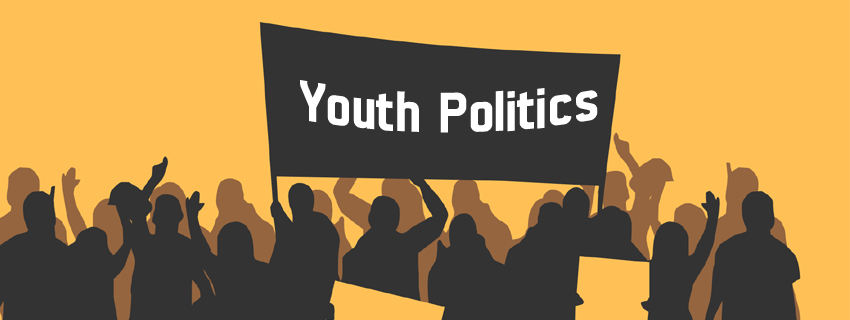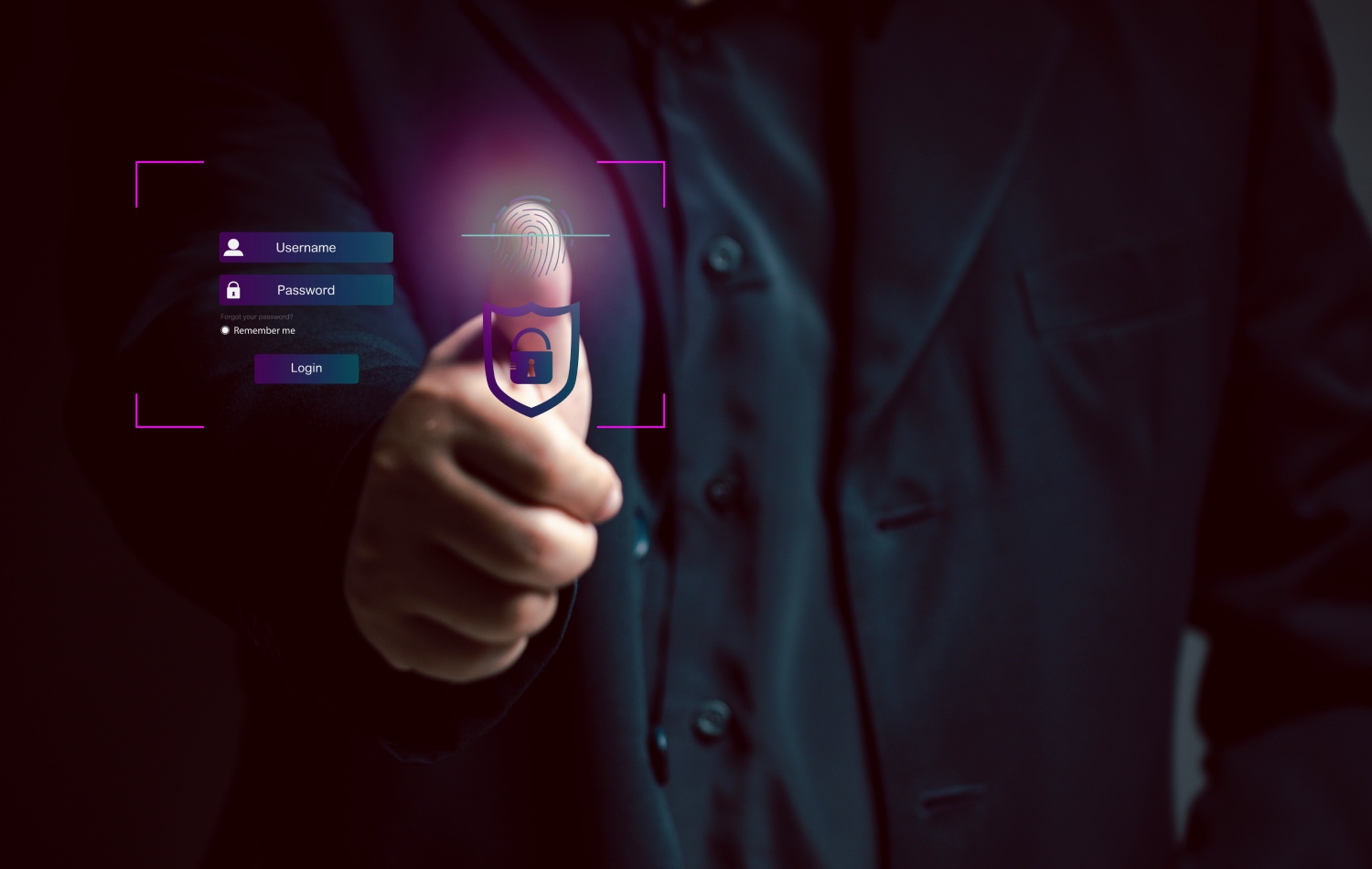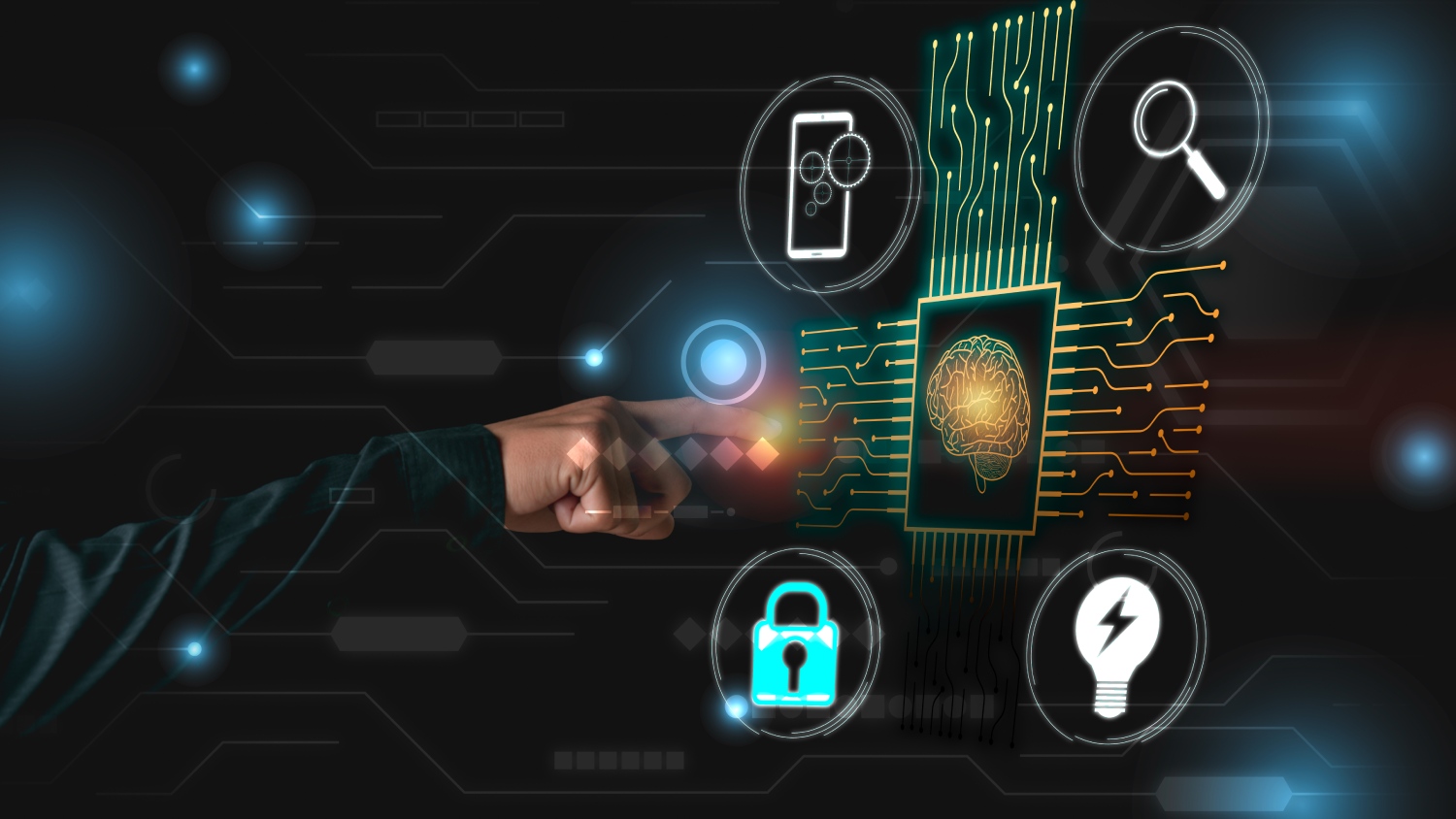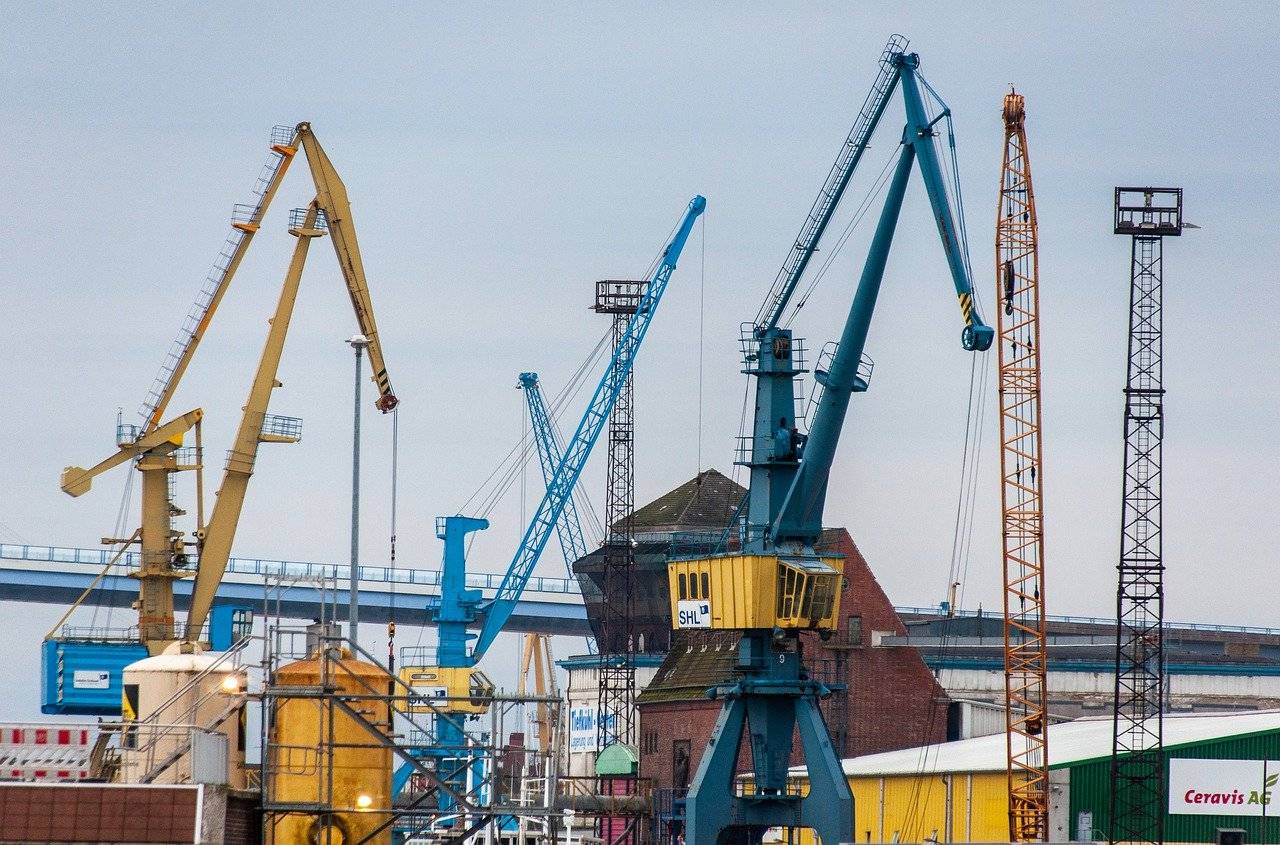
Introduction
Social media has transformed politics, influencing public opinion, elections, and governance. Politicians now use platforms like X (Twitter), Facebook, and TikTok to engage with citizens.
How Social Media Impacts Politics
- Direct communication – Politicians engage with voters in real time.
- Political activism – Hashtags like #EndSARS and #BlackLivesMatter have sparked global movements.
- Fake news & misinformation – False narratives can manipulate voters.
Examples of Social Media’s Political Influence
- Barack Obama (2008 & 2012) – Used social media to win elections.
- Donald Trump (2016 & 2020) – Twitter played a key role in his campaign.
- Peter Obi (Nigeria, 2023) – The ‘Obidient’ movement gained momentum online.
Challenges and Risks
- Misinformation and propaganda – Fake news spreads quickly.
- Cybersecurity threats – Political hacking and data leaks are common.
- Echo chambers – Social media algorithms reinforce biases.
Conclusion
Social media is a double-edged sword in politics. While it promotes democracy and activism, it also poses risks that need regulation and media literacy education.

 15 January 2025
15 January 2025 Share
Share


